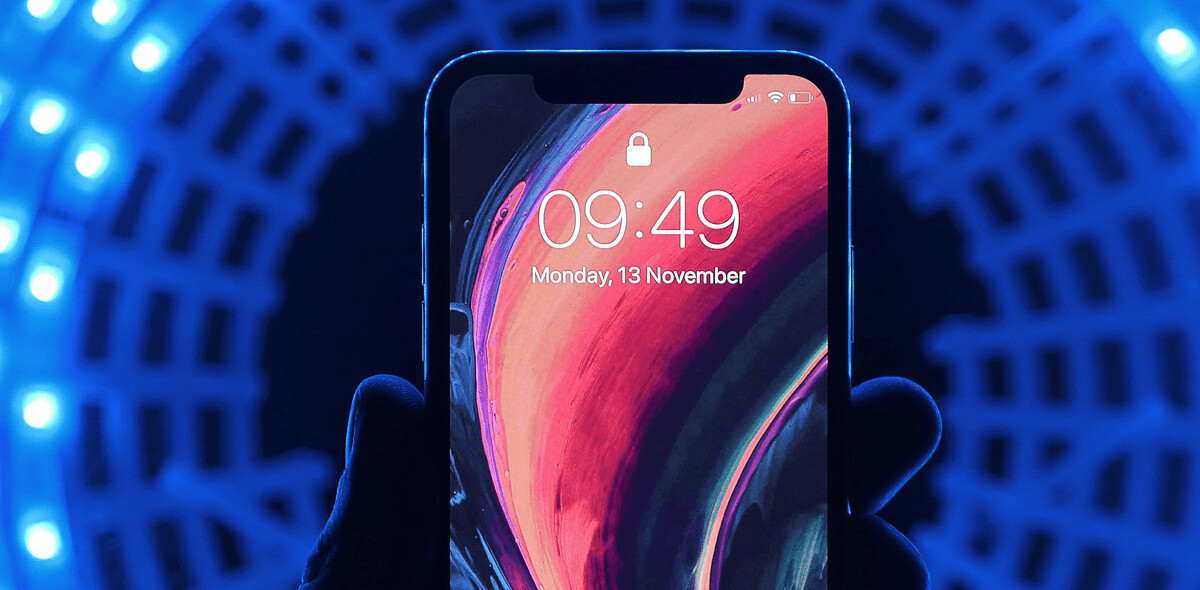
Michael Tunney is a writer, editor and media strategist based in Chicago. This post originally appeared on Lantern.
It goes without saying that you should do favors for other people you care about (and even- gasp! – perfect strangers) without expecting anything in return. It’s all part of what goes into being a good person.
“Do for others with no desire of returned favors. We all should plant some trees we’ll never sit under.” − Unknown
But there’s a deeper, more strategic reason why you should do favors for other people. Most people don’t like to admit it or talk about it, because it has become uncouth in modern society to do anything that has even a faint appearance of quid pro quo.
Take it from the Godfather
The real reason to do favors for other people is seen most clearly in Mario Puzo’s The Godfather.
Don Vito Corleone was a man to whom everybody came for help, and never were they disappointed. He made no empty promises, nor the craven excuse that his hands were tied by more powerful forces in the world than himself.
And after the Don invariably found a solution to a man’s problem, “It was understood, it was mere good manners, to proclaim that you were in his debt and that he had the right to call upon you at any time to redeem your debt by some small service.”
Of course, you shouldn’t expect anyone to declare their unending fealty to you, but if you read between the lines you can see the true value in doing favors for others, especially people higher up on the food chain than you.
For a more modern example, Keith Ferrazzi explains in this talk how he developed a relationship with a former chairman of Goldman Sachs. When meeting with him about his foundation, he asked the banker how long his to-do list was. The banker said that there were about twenty big things he needed to be working on.
Ferrazzi then asked him, “Would you do me the biggest favor in the world and pick one thing that you think I could add any value to and give me an assignment?”
The banker had another meeting and asked Ferrazzi to stick with him and he’d give him a ton to do.
Think about that. This is the former chairman of Goldman Sachs. Someone who could get ahold of almost anyone in the world with a phone call. And Ferrazzi started a relationship with him simply by asking him how long his to-do list was. That is how powerful this technique is, all because Ferrazzi offered to do some free work.
The Ben Franklin effect
There are also additional side benefits to doing other people favors—you will tend to like them more and become invested in their success. Researchers now call it the Ben Franklin effect, after the great statesman and inventor realized that a former rival became friendly to him after Franklin had asked to borrow a rare book from him.
It’s a big psychological reason why any sane person would want to mentor a young person.
Think of this effect as putting some wind in your sails in developing relationships with powerful people, or even your peers that could be the leaders of tomorrow. Once you do a favor for them, you have your foot in the door and you’re psychologically inclined to follow up and further develop the relationship.
There’s also the idea of reciprocity, which is one of the principles in Robert Cialdini’s classic book on persuasion, Influence. Simply put, when you do something for other people or give them a concession, they often feel obligated to do something for you in return.
It doesn’t matter if you’re looking to snag a big client, or work with one of your heroes, the simplest and fastest way to start is by doing them a favor. You shouldn’t expect anything in return, because you often won’t, but you’ll be surprised at how often you are repaid in unexpected ways.
Read next: How to be less selfish in the social media era
Get the TNW newsletter
Get the most important tech news in your inbox each week.






